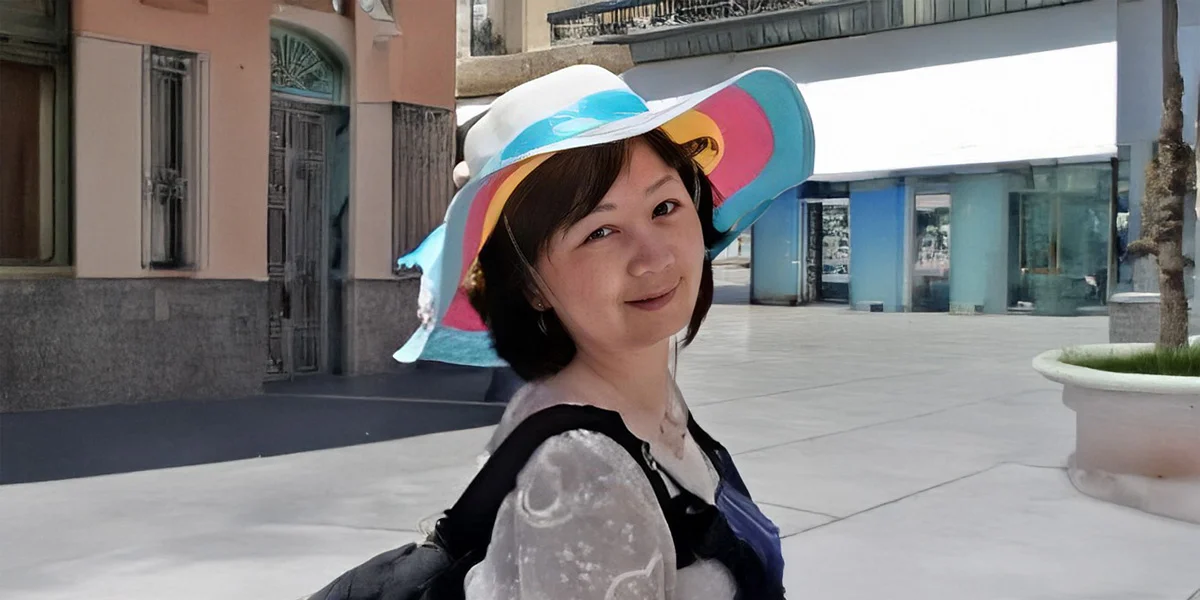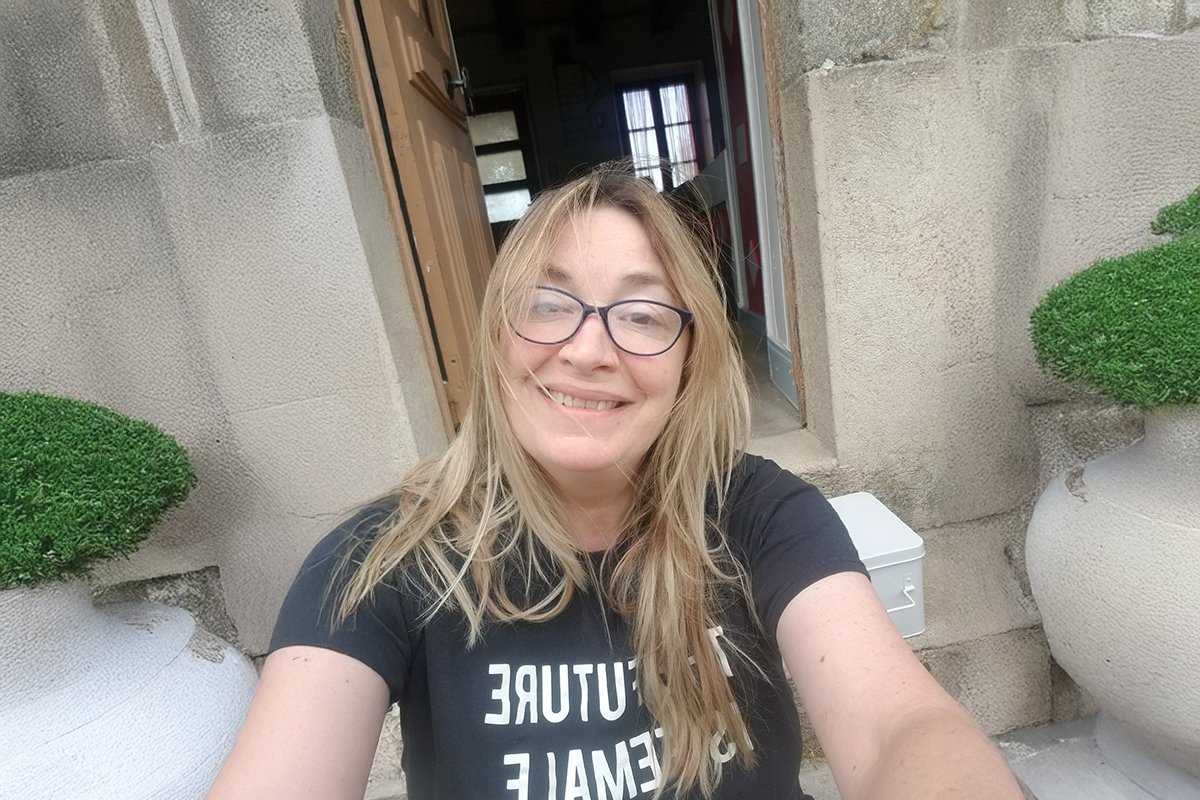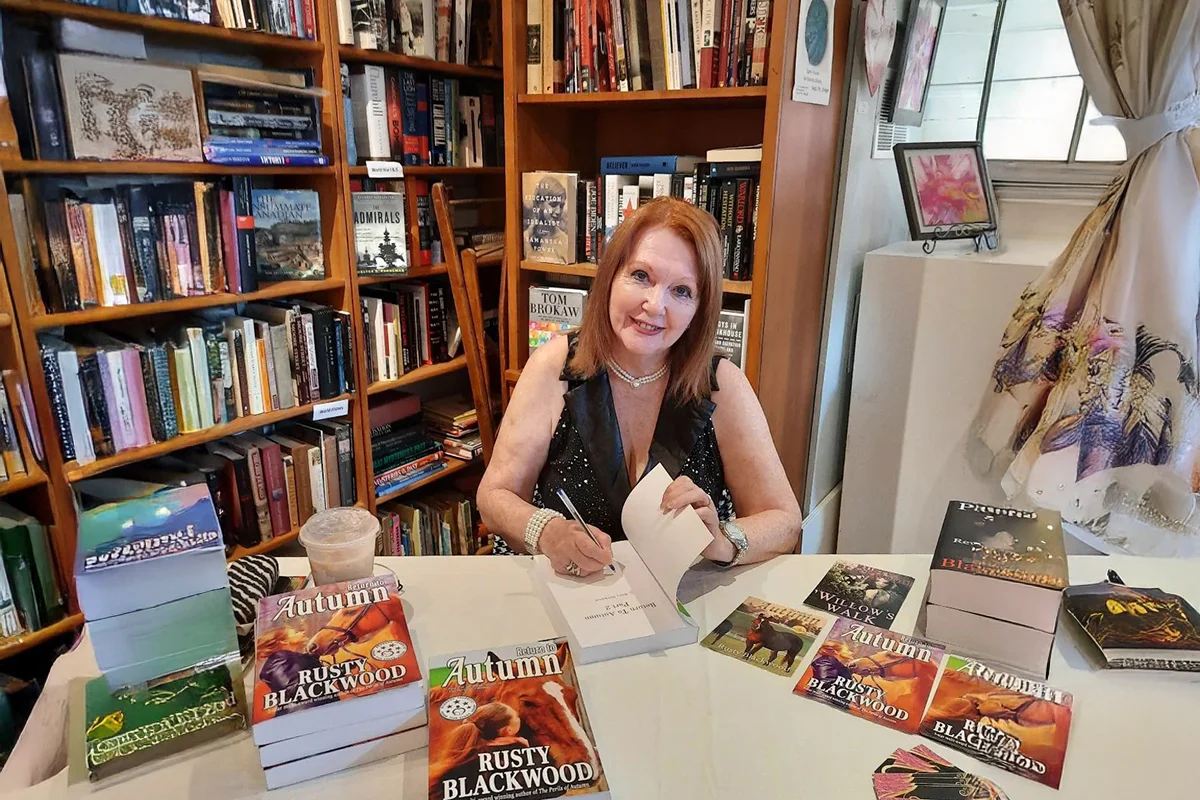PHOTO: Tong Ge, award-winning author of The House Filler, masterfully weaving history and memory into compelling, culturally rich narratives.
Exploring Resilience Culture And The Art Of Historical Fiction
Tong Ge shares how her grandmother’s story inspired The House Filler, discusses writing across languages, navigating historical accuracy, and offers advice to aspiring authors bridging cultures through historical fiction.
Tong Ge, an award-winning author originally from China and now based in Canada, is gaining recognition for her debut novel The House Filler—a deeply personal and historically rich story inspired by her grandmother’s life. Blending memory, imagination, and lived experience, Ge crafts a powerful narrative that traverses generations, cultures, and political upheaval with emotional depth and poetic precision.
Rooted in the turbulent history of 20th-century China, The House Filler tells the story of a woman’s perseverance through systemic oppression and personal hardship. The novel explores themes of love, sacrifice, and endurance—anchored in real-life family stories and enriched by Ge’s own migration journey. Her move from China to Canada brought newfound freedoms, both personally and creatively, allowing her to write openly and embrace formal training in creative writing, something she couldn’t access in her native country until recent decades.
Tong Ge’s lyrical prose and cultural insight create deeply moving, authentic stories that resonate across generations and literary traditions.
Ge credits Canada’s nurturing literary environment for much of her development as a writer. From public libraries to critique groups and freelance editors, these resources helped her evolve into the accomplished author she is today. “I’m grateful,” she says, “for Canada’s supportive writing environment… it gave me the confidence to continue creating meaningful work.”
Writing historical fiction poses unique challenges, particularly when portraying decades of political and social transformation. But Ge’s upbringing in China—immersed in language, literature, and family lore—provided a solid foundation. A 2015 visit to her grandmother’s hometown further cemented the setting and details for her novel, while extensive research using digital archives and photographs helped her maintain historical accuracy. At the same time, Ge’s focus on plot, pacing, and emotional nuance ensures her storytelling remains vivid and engaging.
The novel’s success and accolades, Ge believes, stem from its originality, distinctive voice, and compelling cultural context. But more than that, it’s the humanity of her characters that resonates with readers. “Strong protagonists who face overwhelming odds inspire readers,” she notes, “reminding them of their own strength and resilience.”
Writing in both English and Chinese has brought its own set of blessings and challenges. While Chinese proverbs and sayings enrich her English-language work with cultural authenticity, Ge remains cautious about mismatched expressions. “After over 30 years in Canada, I’ve become more familiar with English idioms,” she explains, “but I must ensure they suit the historical and cultural context of my stories set in China.”
Ge’s writing schedule reflects her deep commitment to her craft. Working flexible hours since 2005, she devotes her evenings—what she affectionately calls her “happy hour”—to writing. Her only constant? The need for quiet. “Peace and calm help me stay focused,” she says, often losing track of time once immersed in her work.
While The House Filler sheds light on the cruelties of war and inequality, it also uplifts. Ge hopes readers reflect on the fragility of freedom and the nature of human cruelty, but ultimately draw strength from the resilience of her characters. “As long as we are alive,” she affirms, “there is hope.”
To aspiring writers—especially those navigating the complexities of historical fiction and cross-cultural narratives—Ge offers heartfelt, pragmatic advice: stay true to your story, research as you go, and seek feedback from those with cultural knowledge. She stresses the importance of avoiding modern projections onto historical settings and encourages writers to consider using sensitivity readers for cultural accuracy.
Even seasoned authors can make mistakes, Ge points out, citing Pearl S. Buck’s Imperial Woman as a cautionary tale of cultural misrepresentation. “Publishers should consult experts when working with unfamiliar cultures,” she says, underscoring the importance of authenticity and accountability in storytelling.
With The House Filler, Tong Ge has not only introduced a compelling new voice to historical fiction but also reminded readers of the transformative power of literature to bridge past and present, East and West, memory and imagination.
This article was adapted from an interview with Tong Ge in the latest issue of Reader’s House.











